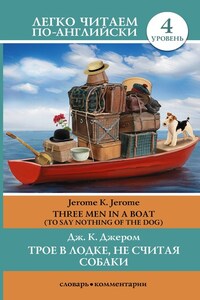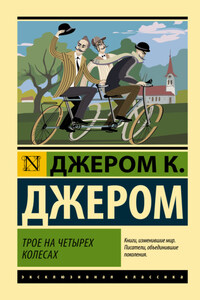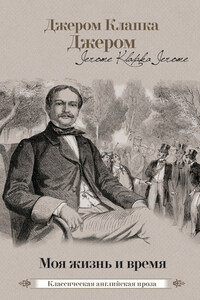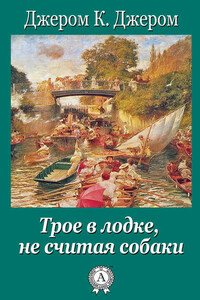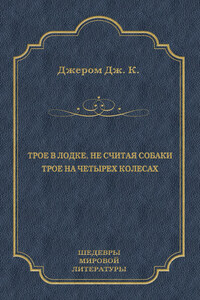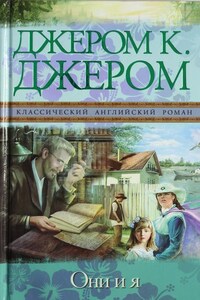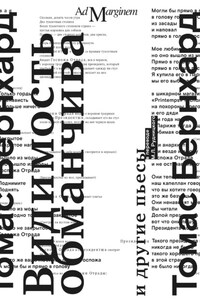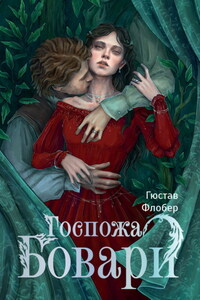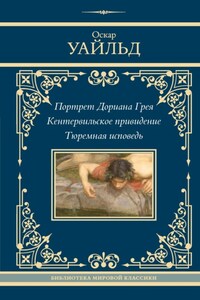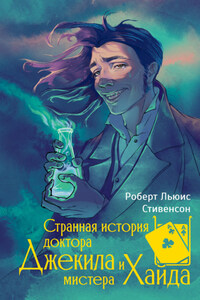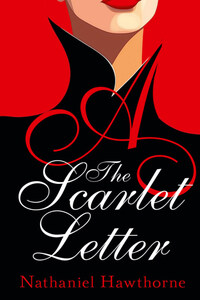There were four of us – George, and William Samuel Harris[1], and myself, and Montmorency[2]. We were sitting in my room, smoking, and talking about how bad we were – bad from a medical point of view, of course.
We were all feeling bad, and we were quite nervous about it. Harris said he had such a very bad headache that he hardly knew what he was doing. And then George said that he had a headache too. As for me, it was my liver that was out of order. I read about the various symptoms of a sick liver in a circular that offered liver-pills. I had them all.
It is a most extraordinary thing, but when I read a medicine advertisement I usually come to the conclusion that I am suffering from the disease that was described.
One day I went to the British Museum to read about hay fever [3], I fancy I had it [4]. I took the book, and read all I needed; and then I idly turned the leaves, and began to study diseases, generally. Immediately I understood that I had some fearful, devastating illness.
I sat for a while, frozen with horror; and then, in despair, I again turned over the pages. I came to typhoid fever [5] – read the symptoms – discovered that I had typhoid fever, must have had it for months without knowing it – wondered what else I had got; turned up St. Vitus’s Dance [6] – found, as I expected, that I had that too, – and so started alphabetically. I had every malady they wrote about! The only malady I had not got was housemaid’s knee [7].
I felt rather hurt about this at first. Why hadn’t I got housemaid’s knee? After a while, however, I reflected that I had every other known malady in the pharmacology, and I grew less selfish, and determined to do without housemaid’s knee. There were no more diseases after zymosis [8], so I concluded there was nothing else the matter with me [9].
I thought what an interesting case I must be from a medical point of view! Students would have no need to ‘walk the hospitals’, if they had me. I was a hospital in myself. All they need do would be to walk round me, and, after that, take their diploma.
Then I wondered how long I had to live. I tried to examine myself. I felt my pulse. I could not at first feel any pulse at all. Then, all of a sudden, it seemed to start off [10]. I pulled out my watch. I made it a hundred and forty-seven to the minute. I tried to feel my heart. I could not feel my heart. It had stopped beating. I could not feel or hear anything. I had walked into that reading-room a happy, healthy man. I crawled out a decrepit wreck [11].
I went to my doctor. He is an old friend of mine, and feels my pulse, and looks at my tongue, and talks about the weather. “What a doctor wants,” I said, “is practice. He shall have me.” So he said:
“Well, what’s the matter with you?”
I said:
“I will not take up your time with telling you what is the matter with me. But I will tell you what is not the matter with me. I have not got housemaid’s knee. Why I have not got housemaid’s knee, I cannot tell you; but the fact remains that I have not got it. Everything else, however, I have got.”
Then he examined me, and then he hit me over the chest when I wasn’t expecting it. After that, he sat down and wrote out a prescription, and folded it up and gave it me, and I put it in my pocket and went out.
I did not open it. I took it to the nearest chemist’s [12], and handed it in. The man read it, and then handed it back.
I read the prescription. It said:
“1 lb. [13] beefsteak, with 1 pt. [14] bitter beer every 6 hours.
1 ten-mile walk every morning.
1 bed at 11 sharp every night.”
I followed the directions, with the happy result – my life was saved, and is still going on.
But going back to the liver-pill circular, I had the symptoms, beyond all mistake, the chief among them being ‘a general disinclination to work of any kind [15]’.
What I suffer in that way no tongue can tell [16]. From my earliest infancy I have been a martyr to it. As a boy, the disease hardly ever left me for a day. My family did not know, then, that it was my liver. Medical science was in a far less advanced state than now, and they thought it was laziness.
“Are you still sleeping,” they would say, “get up and do something for your living, can’t you?” – not knowing, of course, that I was ill.
We sat there for half-an-hour, describing to each other our maladies. I explained to George and William Harris how I felt when I got up in the morning, and William Harris told us how he felt when he went to bed; and George told us how he felt in the night.
Suddenly, Mrs. Poppets [17] knocked at the door to know if we were ready for supper. We smiled sadly, and decided to eat a little.
I seemed took no interest in my my food an unusual thing for me – and didn’t want any usual thing for me – and I didn’t want any cheese.
We refilled our glasses, lit our pipes, and resumed the discussion upon our state of health.
“What we want is rest,” said Harris.
